Fun and intelligence aren't opposites.
There’s an odd trend I’ve noticed, especially among gamers. If something is clear, engaging, and straightforward, we often dismiss its value. “Shallow,” we say. But if it's cryptic, slow, and laden with ambiguity, suddenly it's "deep." Somewhere along this path, confusion started masquerading as complexity, and ambiguity began posing as meaning.
I’ve played those “deep” games, Elden Ring, Disco Elysium, Death Stranding, Last of Us Part 2. They’re thoughtful, no doubt. But I reject one assumption: that emotional weight must always come wrapped up with obscurity or sadness. Depth doesn’t need mystery. Meaning doesn’t require slowness.
Then you encounter something like Space Marine 2. No crafting systems. No farming mechanics. No convoluted monologues. Just clarity. Purpose. Loyalty. Power. And somehow, against all odds, this simplicity can hit you harder than any labyrinthine storyline.
It reminds you that depth can be felt through sheer momentum, not just metaphors. That standing shoulder-to-shoulder with your squad can evoke as much emotion as decoding some fragmented timeline. That clarity isn’t an enemy, it’s an amplifier for meaning.
But here’s where things get tricky. Games like Space Marine II rarely win awards. Not because they lack quality, but because they don’t fit that “prestige” model. They’re not cryptic or self-serious. But they resonate. They linger. They stay with you.
This matters. Because fun isn’t shallow. Clarity isn’t unintelligent. And games or any creative work that know exactly what they are and respect their audience’s time deserve celebration, not dismissal.
Somewhere along our artistic journey, we forgot this. We started equipping depth with hurdles and meaning with obstacles. But maybe, just maybe, depth can be simple. Maybe meaning can be accessible. And maybe, just maybe, fun can be as intelligent as anything else.
What’s your take? Can clarity and enjoyment coexist with depth and meaning?
Let’s rethink what we celebrate.
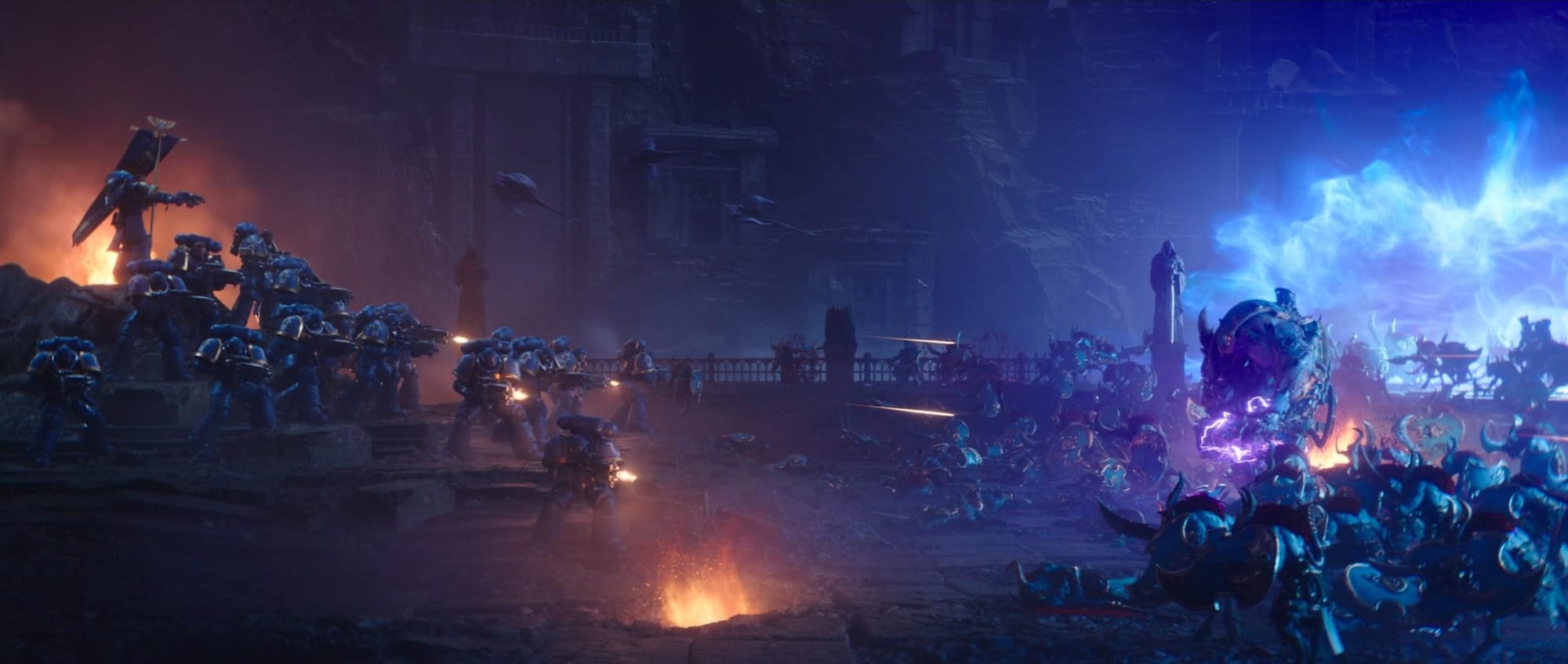
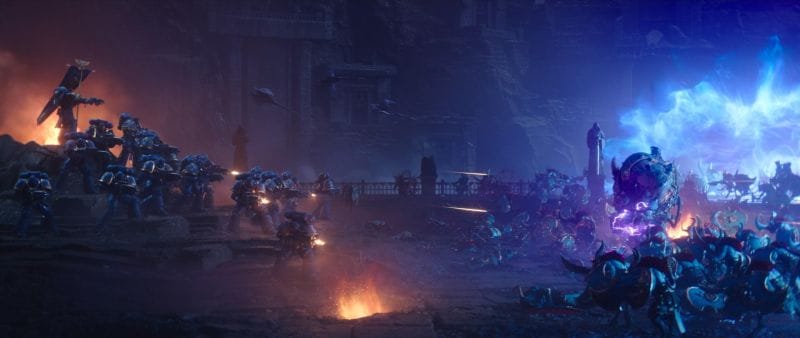


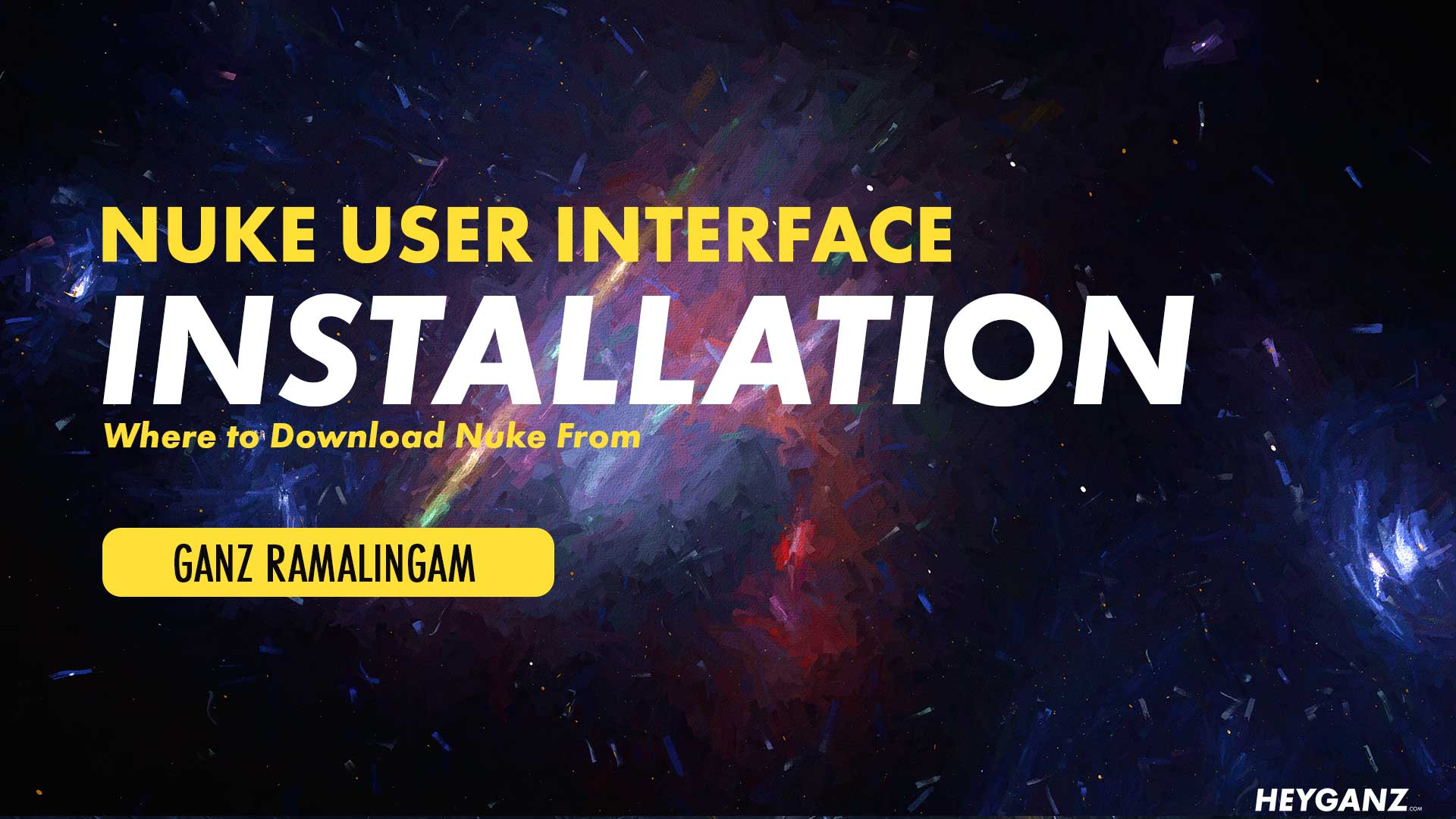

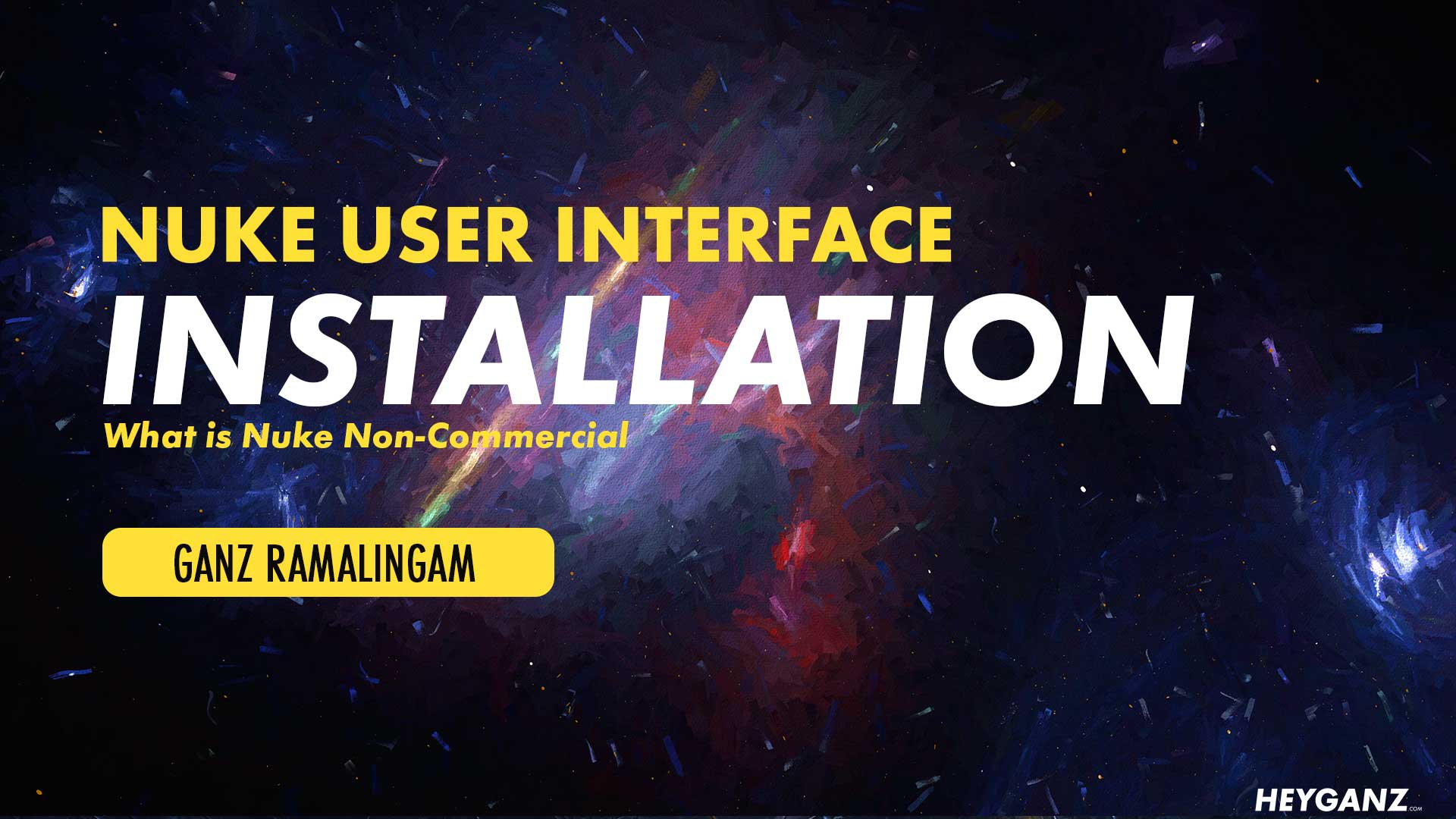

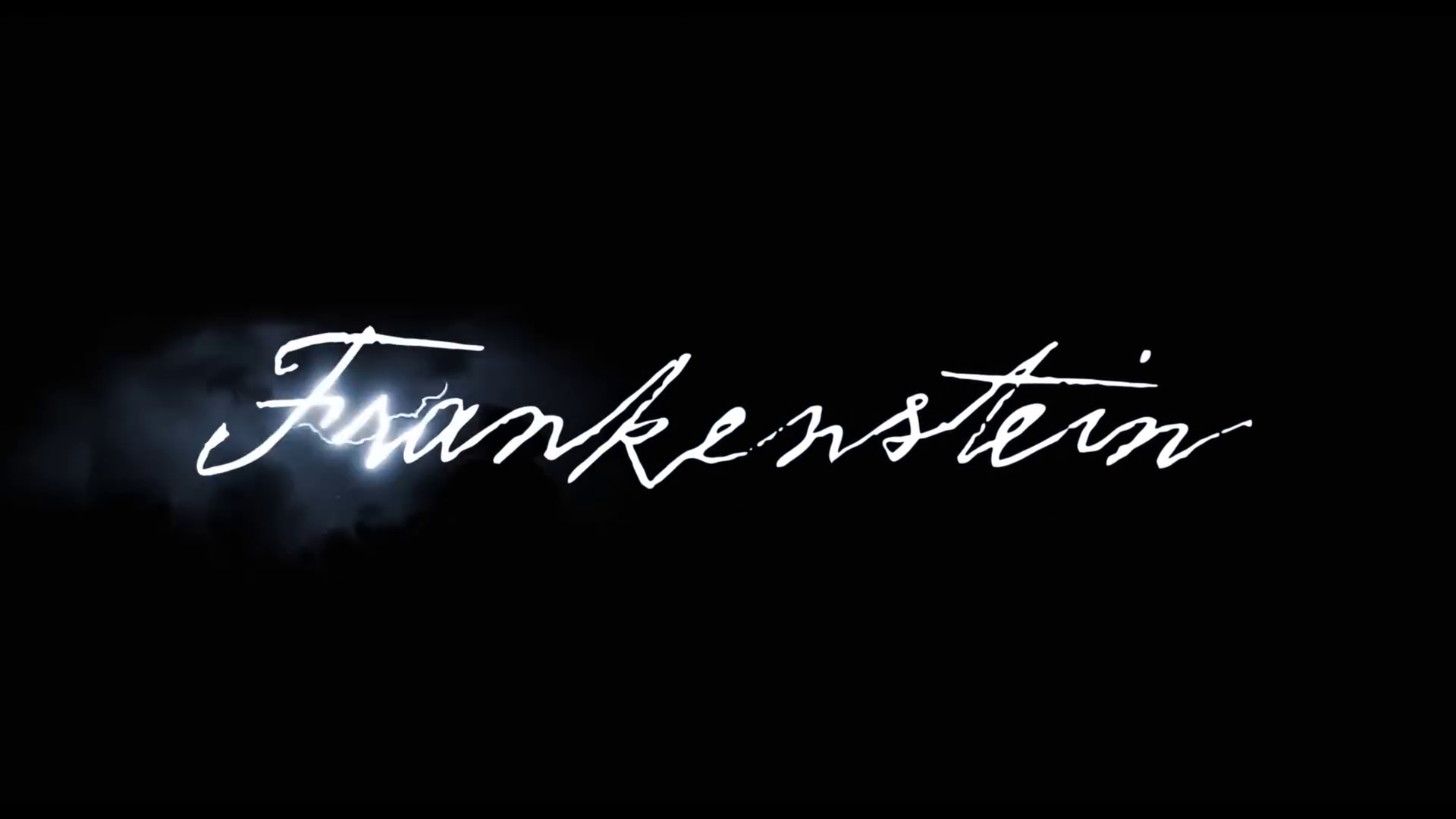
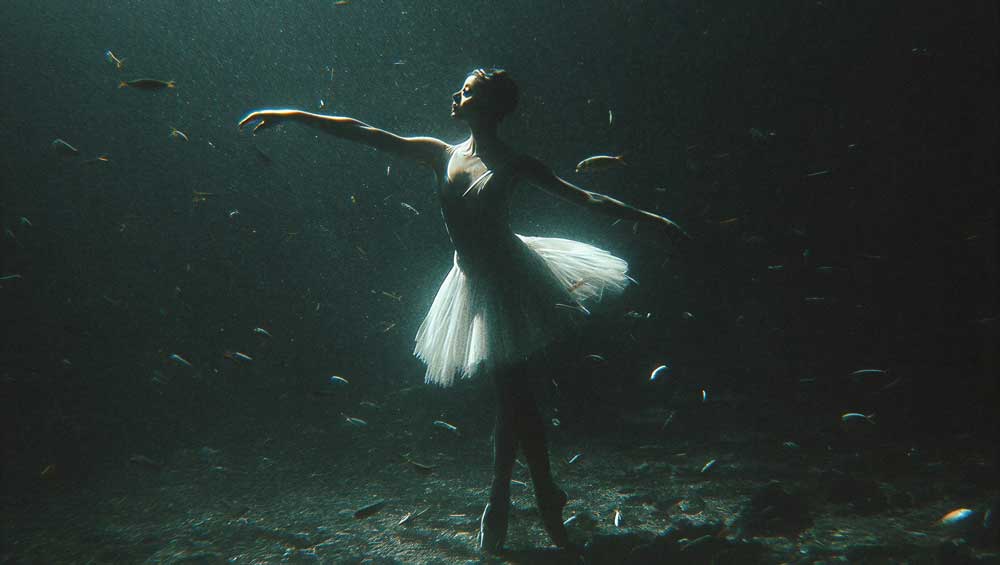
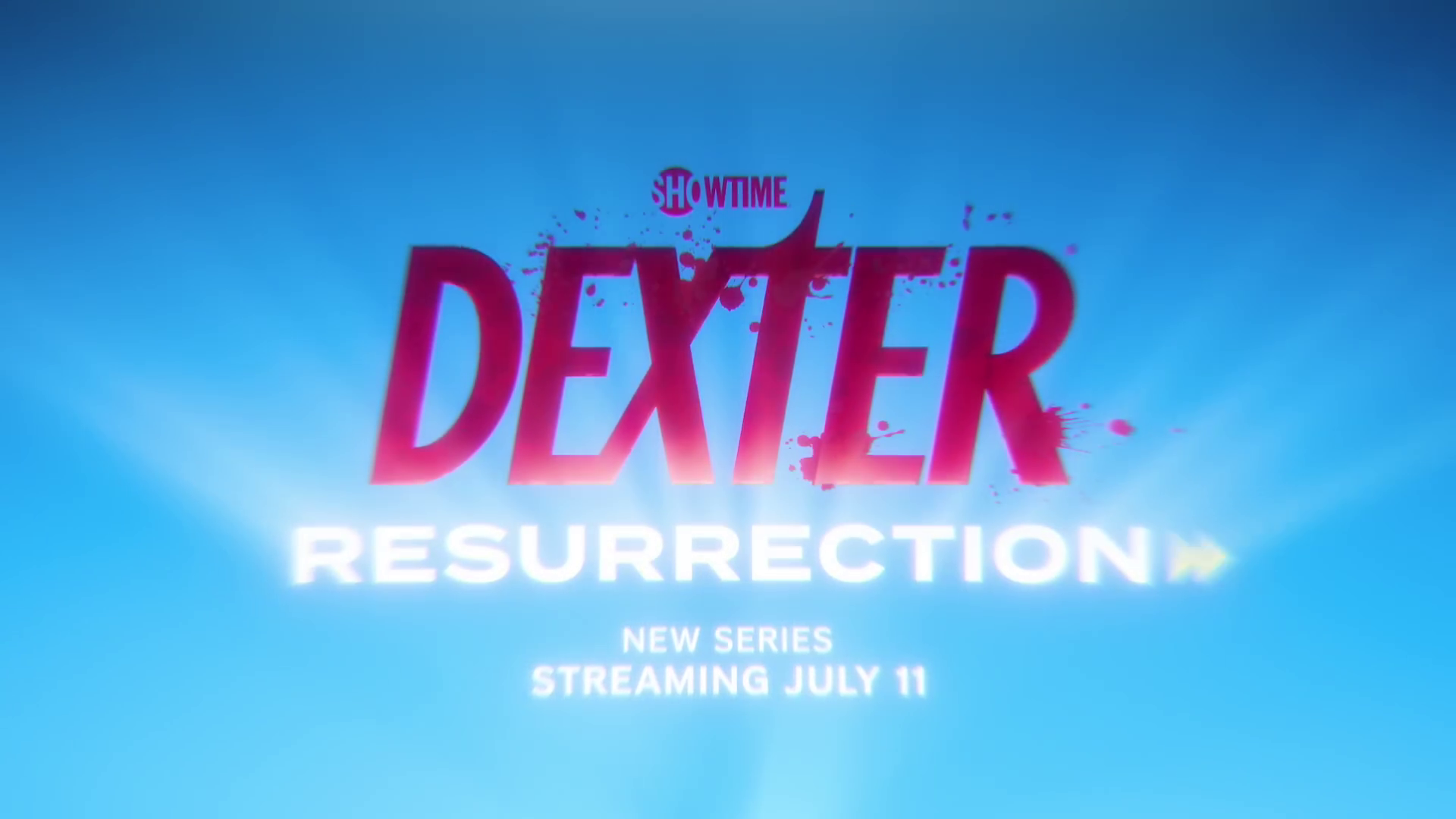

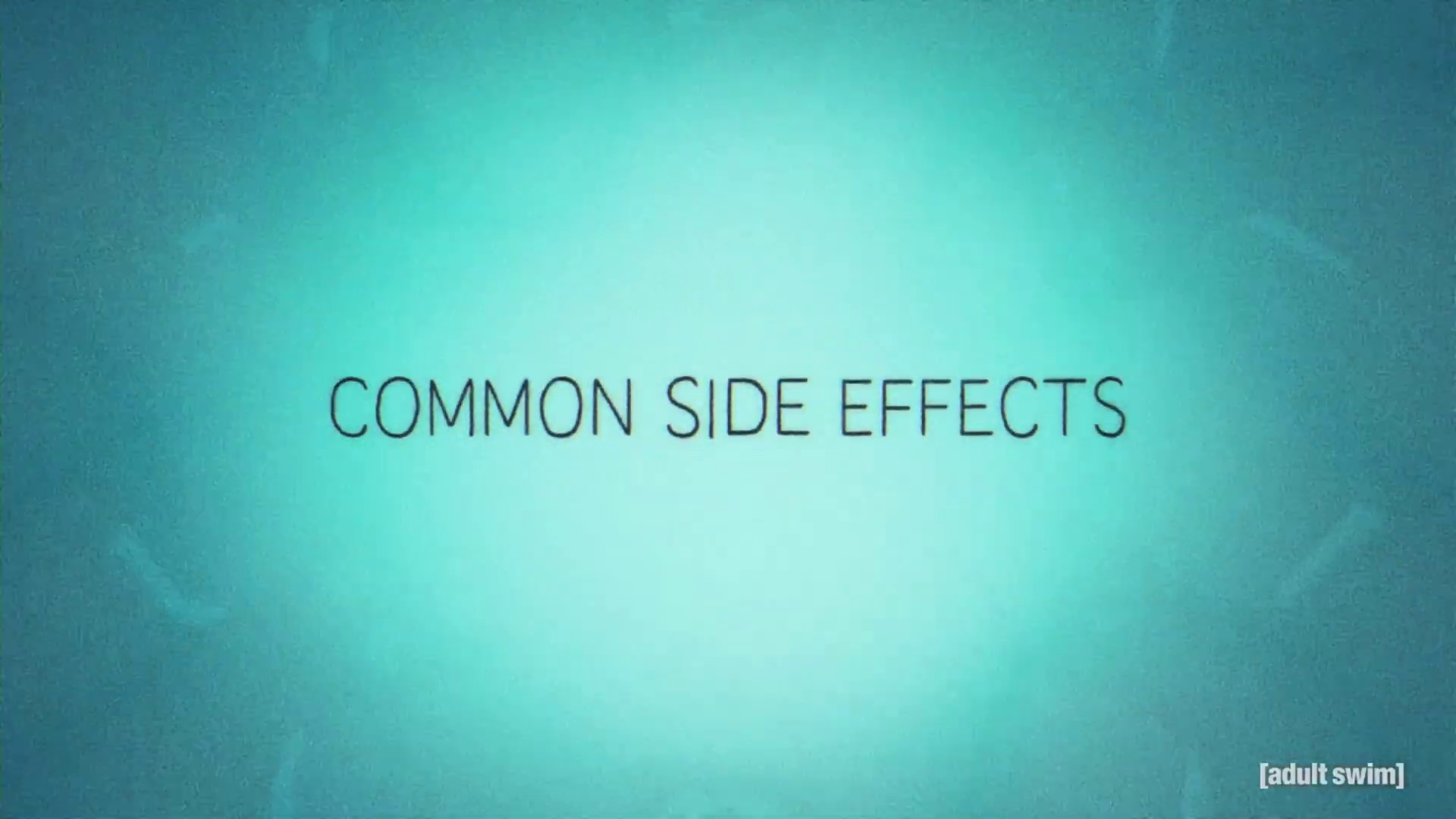
Discussion